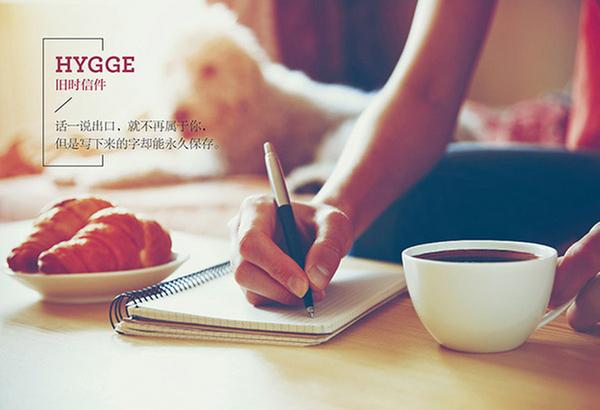Danish book on pursuit of happiness now out in Chinese

 |
| The Chinese edition of The Little Book of Hygge: Danish Secrets to Happy Living was printed in May. The lifestyle concept of hygge is gaining popularity among Chinese readers.[Photo provided to China Daily] |
Hygge, a noun, an adjective or a verb in Danish, means "cozy intimacy" that one shares with one's family and friends.
In the book, Wiking, who is also the chief executive of the Happiness Research Institute in Copenhagen, gives a typical hygge occasion: He and his friends were spending a weekend in an old cabin one winter. It was the shortest day of the year. After a long walk outside, they arrived at the cabin, put on warm sweaters and sat near the fireplace, each holding a cup of hot drink, and talked until everyone fell asleep. The silence was enhanced by the sounds of bubbling beef stew and crackling firewood.
If the weather outside turned worse, with the wind howling and the rain pouring, it would have been a more hygge time for them, he writes in the book.
Hygge, Wiking says, indicates a kind of atmosphere and experience-h(huán)anging out with loved ones and feeling a sense of belonging.
"(The lifestyle of hygge) is the pursuit of happiness, something inexpensive and accessible," he says via video.
Wiking gives 10 key words to describe hygge: atmosphere (dim the lights), presence (turn off the phones and be attentive), pleasure (coffee, chocolate, cake or candy), equality (share tasks), gratitude, harmony (it's not a competition, so no need to brag), comfort (it's all about relaxation), truce (talk about politics another day), togetherness and shelter.
"The best predictor of whether we are happy or not is our social relationships," Wiking writes.
Those with high-quality social relationships tend to be the happiest, he says.





































